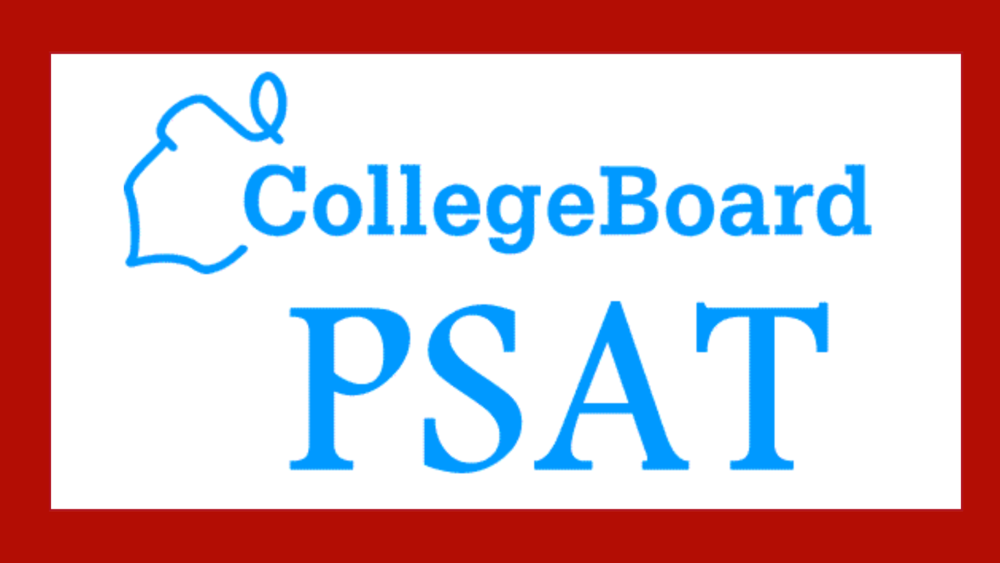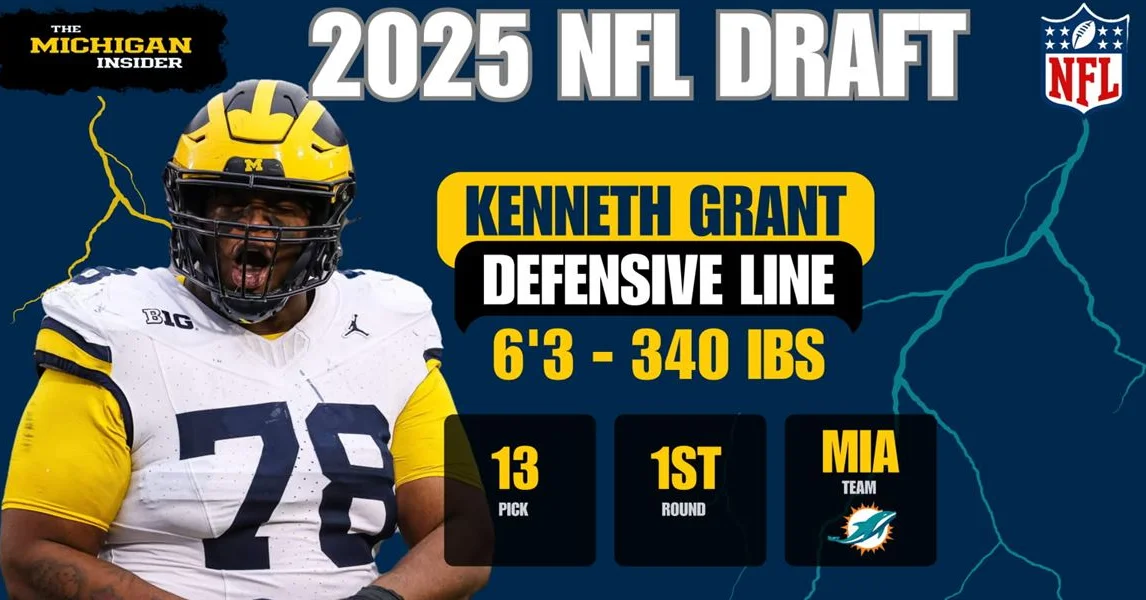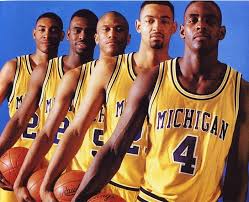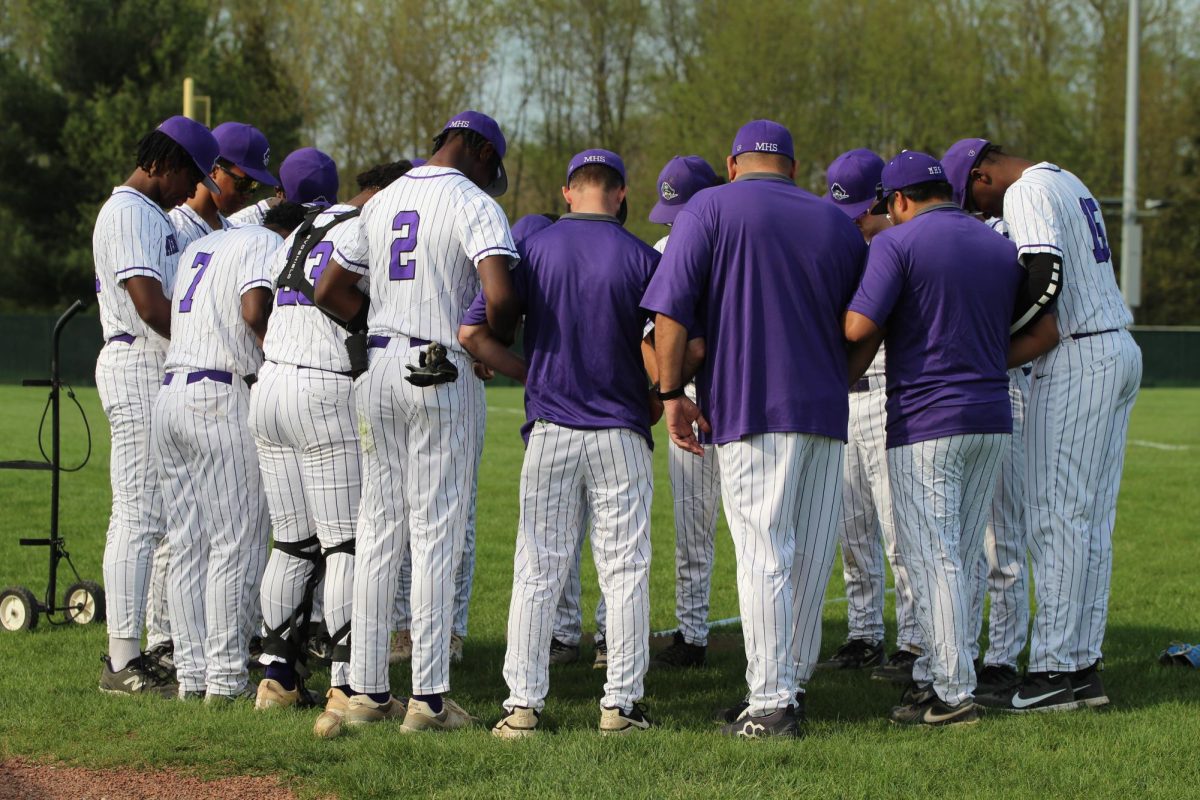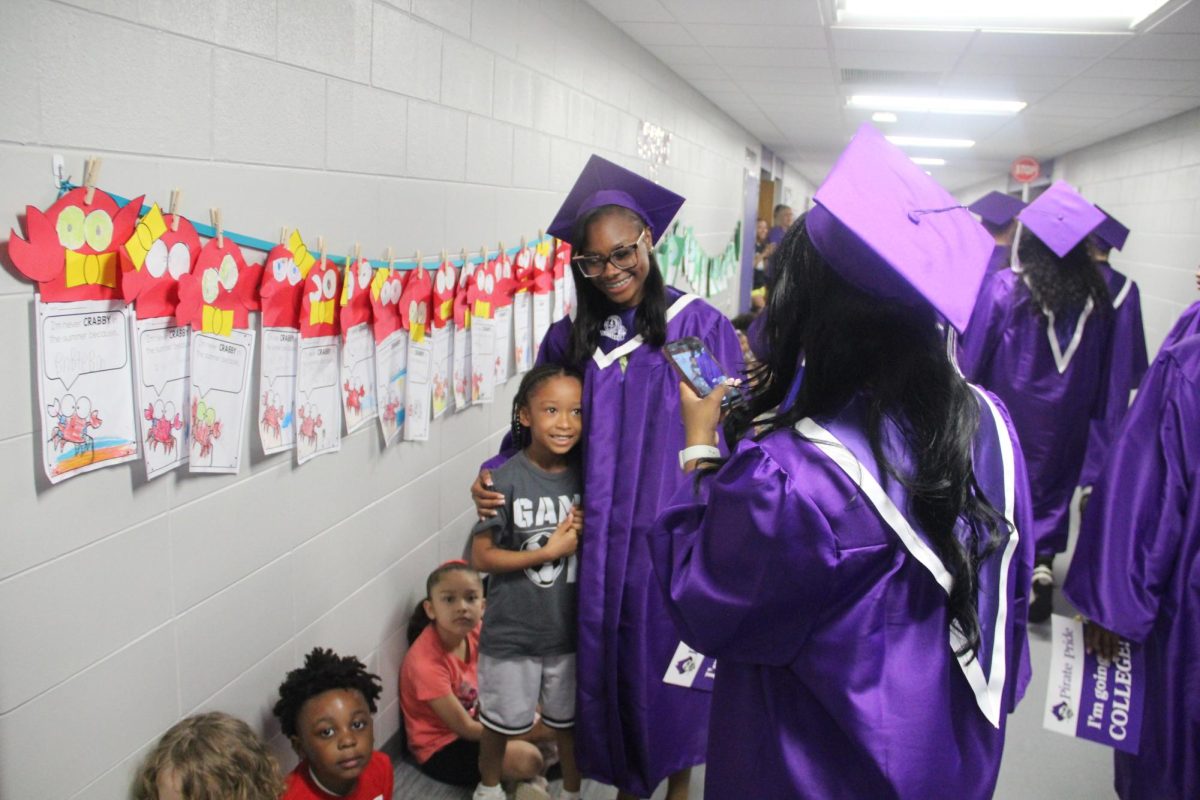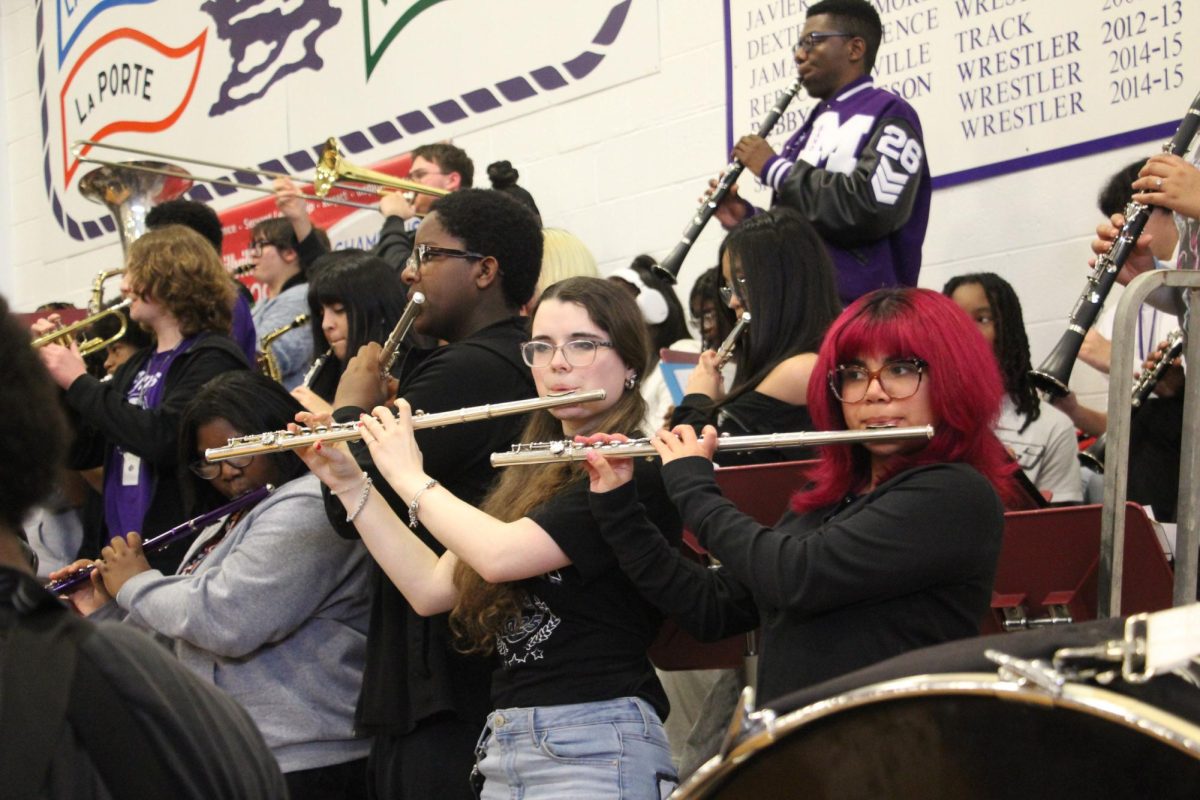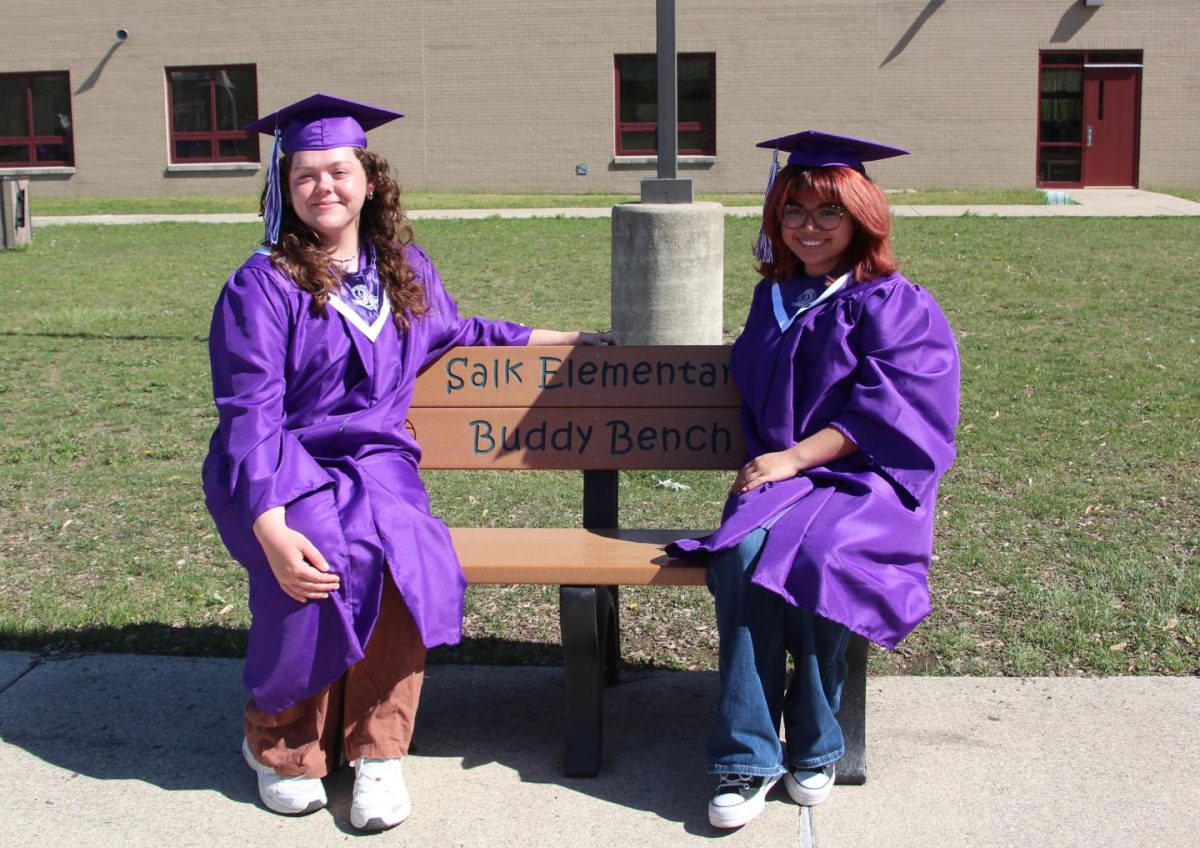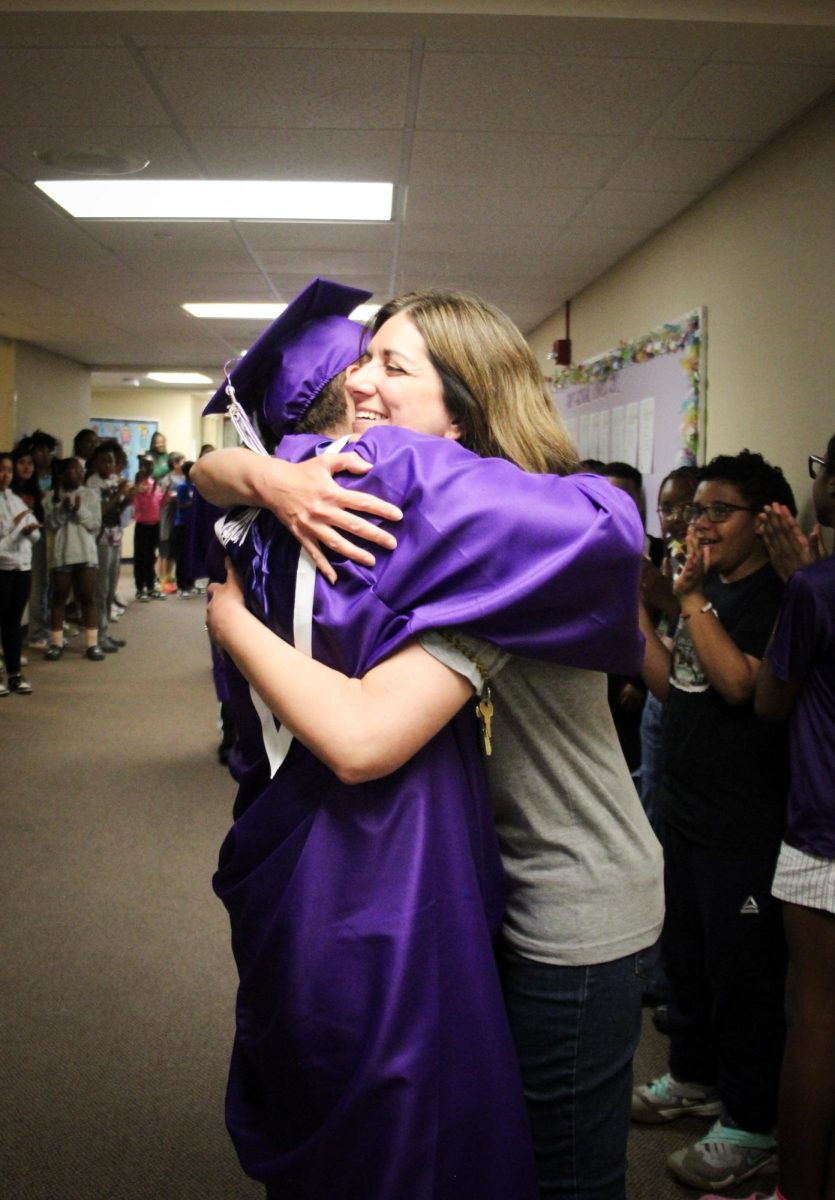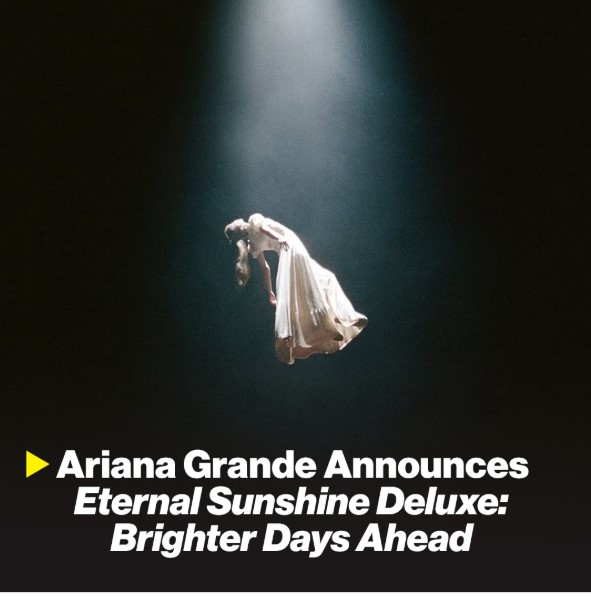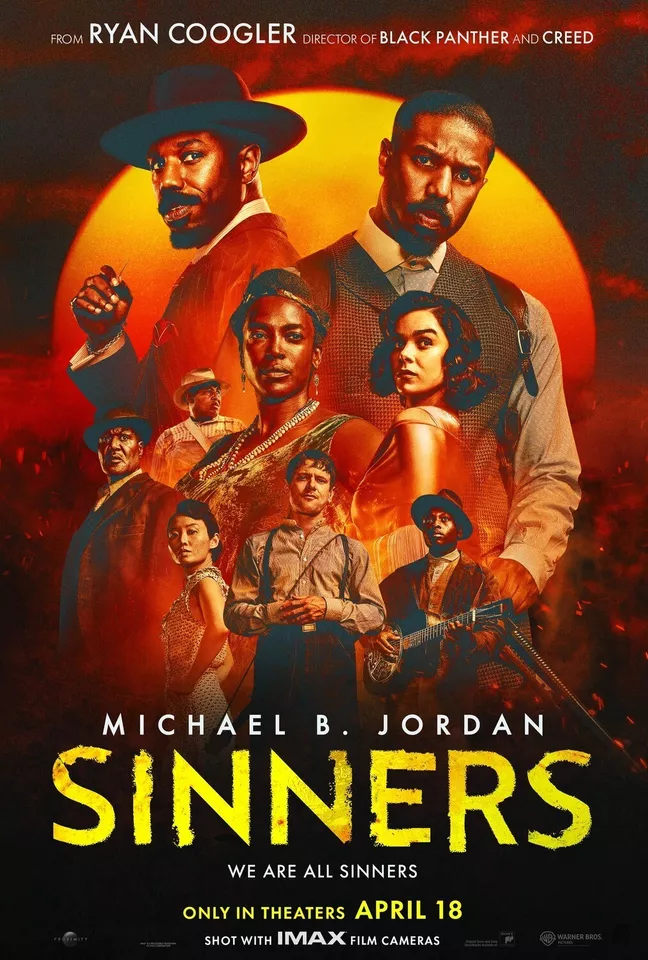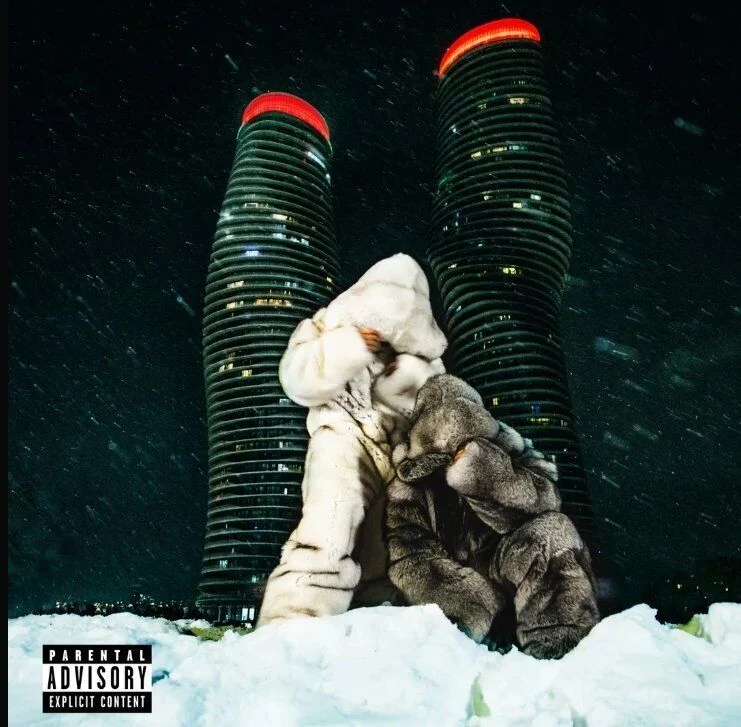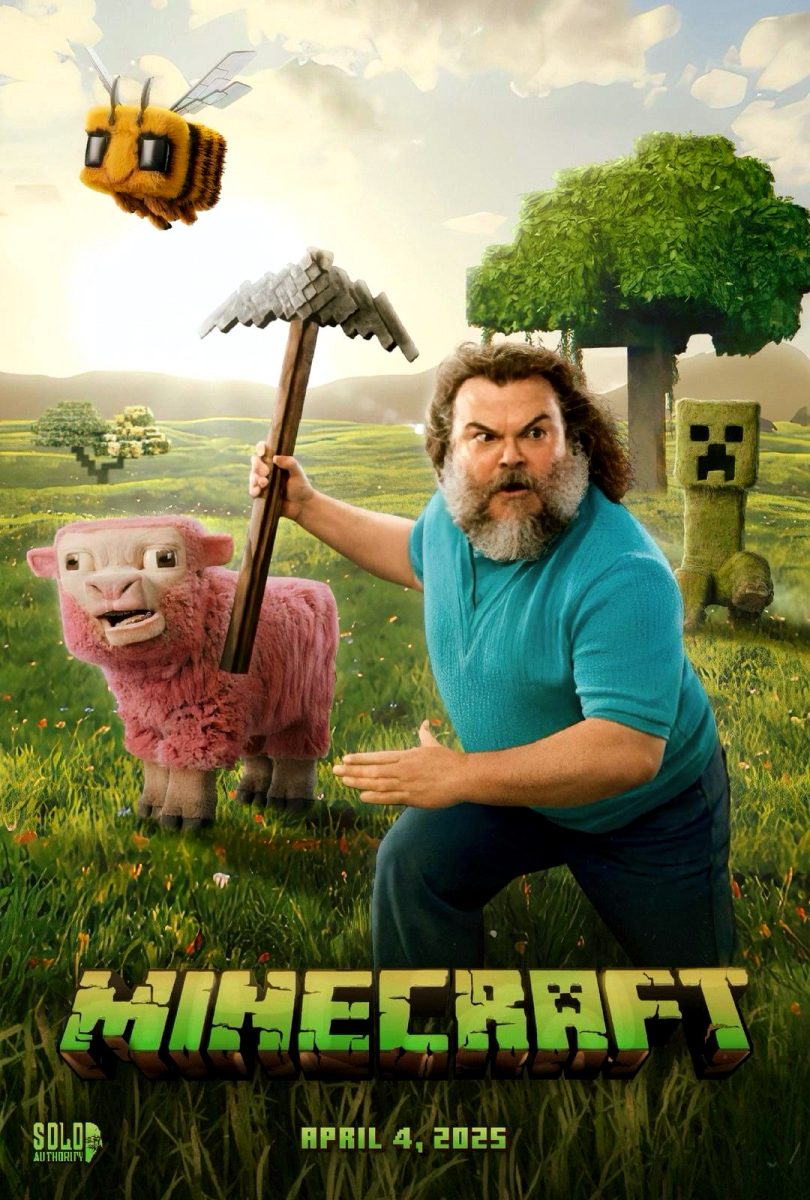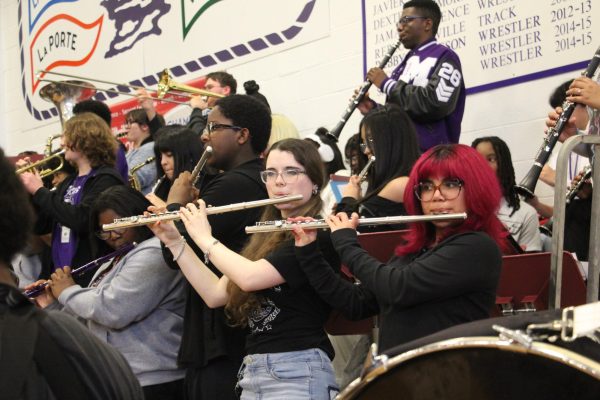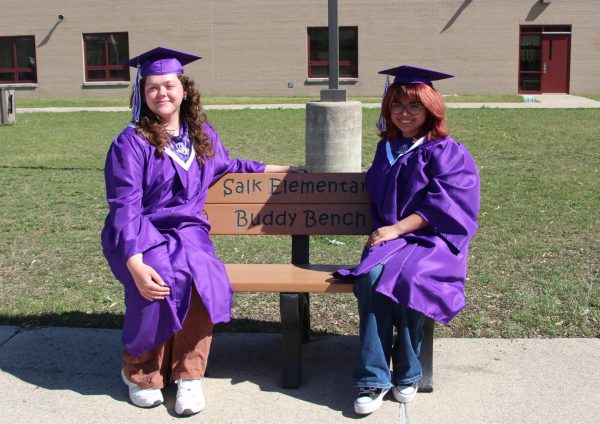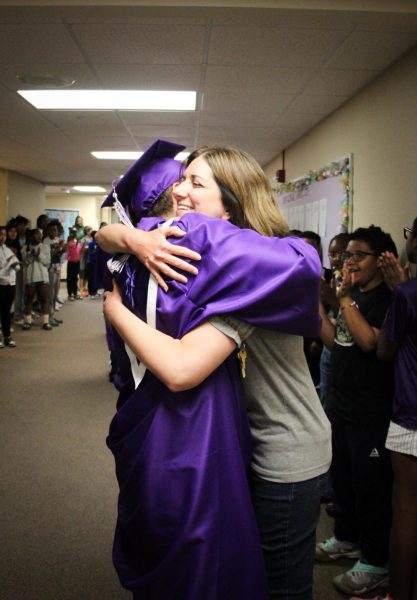Threat to classic books continues to grow among divided nation
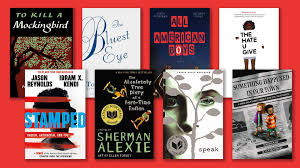
A growing number of school districts across the country are facing calls to remove books from library shelves and or to remove them from the curriculum.
This week is Banned Books Week, created to draw attention to the growing problem. There has not been a request to ban books in Merrillville schools, but according to the group PEN America, bans last year occurred in 138 school districts in 32 states, impacting almost 4 million students.
Mrs. Meghan Erickson, a media specialist, said books have always been challenged, but she believes the number is increasing across the country because of the political climate, which ultimately can harm children by cutting off their access to information.
“Reading is a way to educate yourself about experiences that you may or may not have had,” she said. “When we start to take away books, we take away a window to the world and more importantly the freedom of choice. People should be able to freely choose books for themselves.”
According to the PEN research, many of the books being challenged feature LGBTQ or minority characters. This includes popular titles such as “The Hate U Give” by Angie Thomas.
“Reading a book and seeing yourself reflected in the character can be a very powerful experience,” Mrs. Erickson said. “Many of the books that are being challenged focus on characters that represent historically marginalized communities. This leads to the stories that represent and validate those communities not being visible on the library shelves.”
Classics are not exempt from the challenges. One of the most challenged titles is “To Kill a Mockingbird,” part of MHS’s 9th-grade curriculum. Ms. Nicole Goshay, a 9th-grade English teacher, said she believes the book teaches important lessons.
“Although ‘To Kill a Mockingbird” uses some language that is considered derogatory, its use actually helps portray the message of the book,” she said. “Our main character learns that such language reflects more on the person using the word instead of the person being insulted by the word. There are several key messages conveyed in the novel. One theme is that racism clouds our judgment of what is right and wrong.”
The book also contains other relevant lessons, she said, including good vs. evil; justice vs. the law; and the loss of innocence.
“When police officers feel justified killing a man who has only been accused of passing a counterfeit $20 bill, then the lessons are still relevant,” Ms. Goshay said. “When children are put into cages at the American border simply because their parents dared to seek a better life, then the lessons are still relevant.”
Another reason books are challenged is because they challenge the idea of America as a perfect nation.
“When we ban these books, students are not allowed to learn from the mistakes of our past,” Ms Goshay said. “In essence, we sweep our wrongdoings under the rug and pretend they never happened.”
Ms. Goshay noted that the results of these injustices still impact society today.
“Minorities are still striving to overcome the disparity of wealth created by slavery, lack of equitable education opportunities, sharecropping, Jim Crow laws and redlining,” she said. “Pretending these issues were not part of our past fosters the notion that minorities are poor because they don’t deserve wealth.”
She explains that there is a danger in banning books just because they make our country look bad.
“Not only are students cheated out of the lesson from the past,” she said, “but they are cheated out of an opportunity for a better future for America.”


